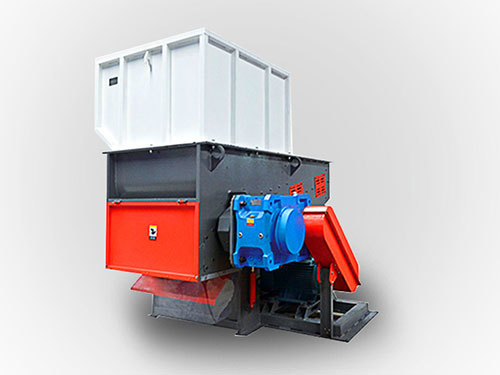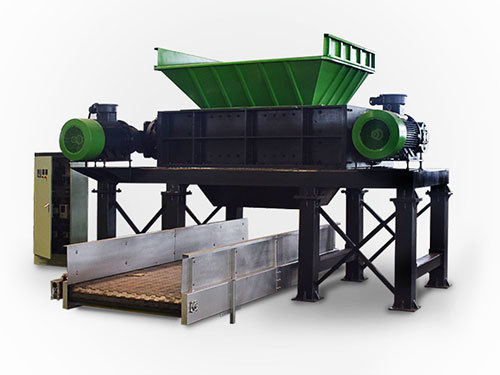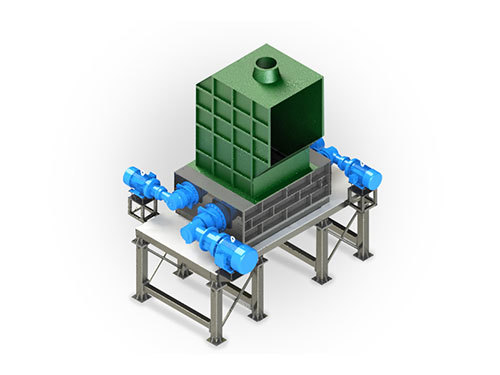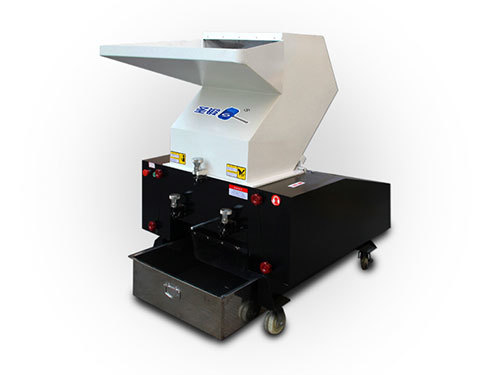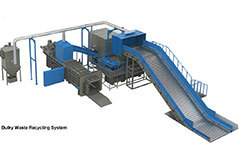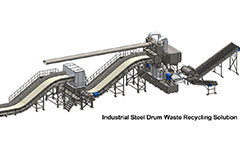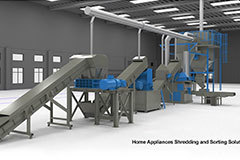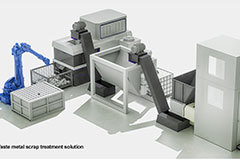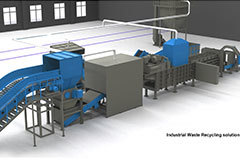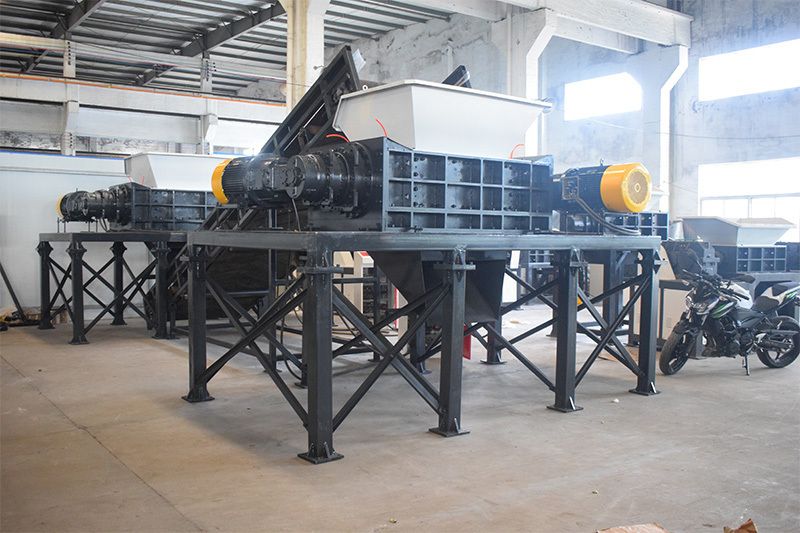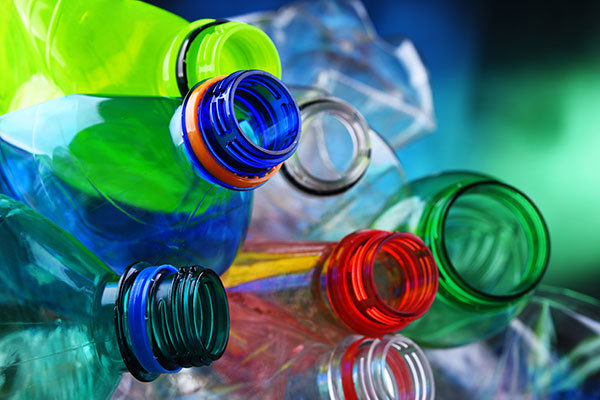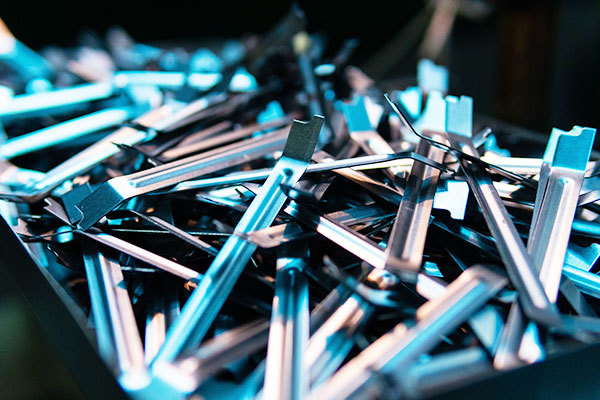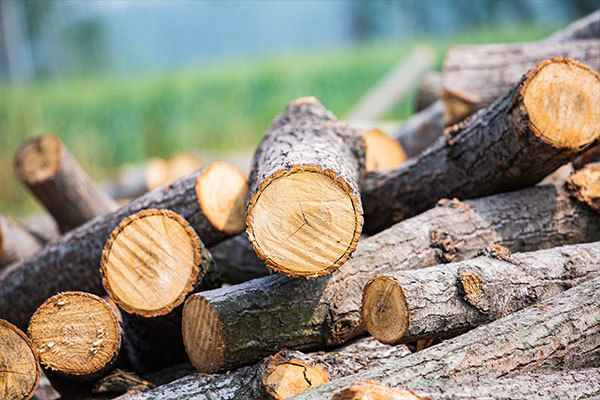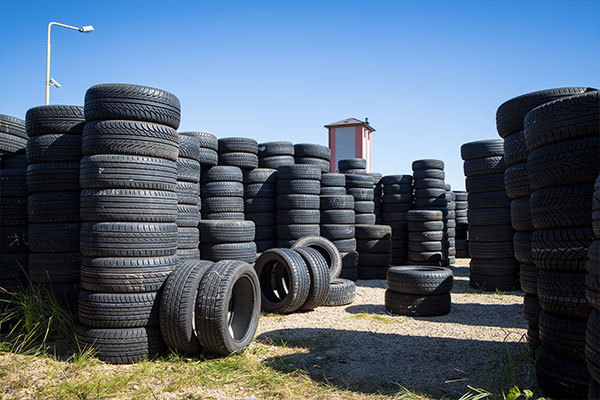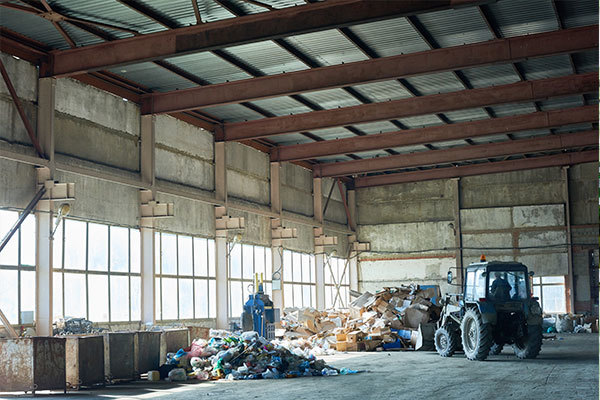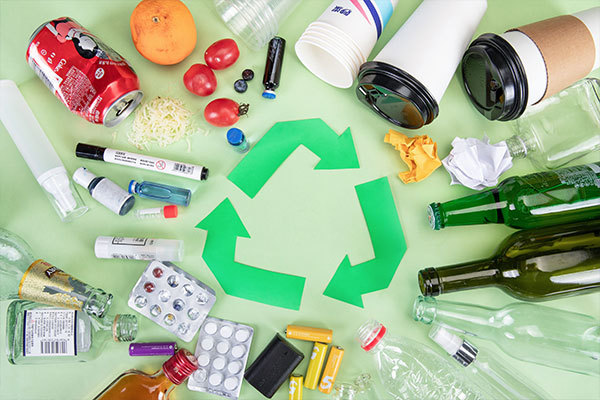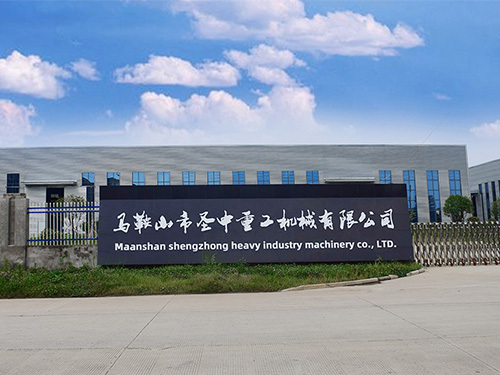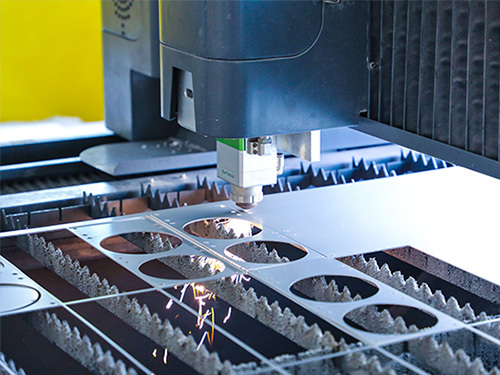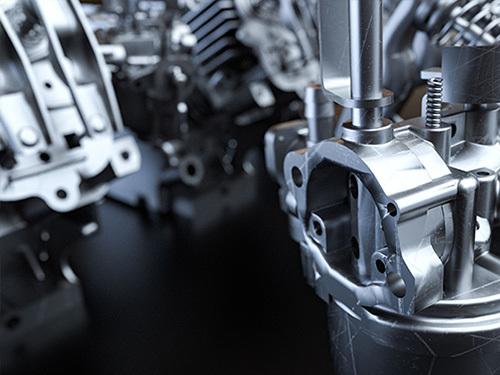
Innovative Waste Management Solutions: The Power of Plastic Crushers
Innovative Waste Management Solutions: The Power of Plastic Crushers
Table of Contents
- 1. Introduction to Plastic Crushers in Waste Management
- 2. The Importance of Effective Waste Management
- 3. What Are Plastic Crushers?
- 4. Types of Plastic Crushers Used in Recycling
- 5. Benefits of Using Plastic Crushers in Waste Management
- 6. Innovative Technologies in Plastic Crushing
- 7. Applications of Plastic Crushers in Different Industries
- 8. The Future of Plastic Crushers and Waste Management
- 9. Frequently Asked Questions
- 10. Conclusion
1. Introduction to Plastic Crushers in Waste Management
In today’s environmentally conscious world, waste management has become a pressing concern. The increasing usage of plastic has led to a significant rise in plastic waste, prompting industries and communities to seek effective solutions. Among the most innovative waste management technologies, **plastic crushers** stand out as essential tools for reducing plastic waste. These machines not only streamline the recycling process but also contribute significantly to environmental sustainability.
In this article, we will delve into the various aspects of plastic crushers, exploring their functions, benefits, and the innovative technologies that make them indispensable in waste management systems.
2. The Importance of Effective Waste Management
Effective waste management is crucial for several reasons. It reduces the volume of waste sent to landfills, conserves natural resources, and minimizes pollution. By adopting innovative waste management solutions, such as plastic crushers, we can enhance recycling efforts and contribute to a more sustainable future.
**Plastic waste** poses a unique challenge to waste management systems due to its non-biodegradable nature. For every ton of plastic waste crushed and recycled, we can save a significant amount of energy and resources compared to producing new plastic. This not only helps reduce carbon emissions but also promotes a circular economy where materials are reused and repurposed.
3. What Are Plastic Crushers?
Plastic crushers are heavy-duty machines designed specifically to break down plastic materials into smaller pieces. These machines utilize powerful blades and motors to crush various types of plastics, making them easier to handle and process for recycling. The resulting plastic flakes or pellets can then be repurposed into new products, reducing the need for virgin materials.
Plastic crushers come in various designs and configurations, tailored to meet specific needs. They can range from small, portable units suitable for household use to large industrial-scale machines used in manufacturing plants and recycling facilities.
4. Types of Plastic Crushers Used in Recycling
There are several types of plastic crushers employed in recycling operations, each serving a unique purpose. Understanding the different types can help industries choose the right machine for their specific applications.
4.1 Shredder Crushers
Shredder crushers are designed to cut plastics into smaller pieces or shreds. They often feature multiple sharp blades that rotate at high speeds, making them ideal for handling large volumes of plastic waste.
4.2 Granulators
Granulators are specialized machines that produce smaller granules or pellets from plastic waste. They are particularly effective for processing thinner materials and are commonly used in the production of plastic pellets for reuse.
4.3 Crusher-Blenders
Crusher-blenders combine crushing and blending functions, allowing for a more efficient processing of plastic waste. This type of machine is particularly useful in preparing materials for injection molding or extrusion.
5. Benefits of Using Plastic Crushers in Waste Management
The adoption of plastic crushers in waste management comes with a multitude of benefits that enhance recycling efforts and contribute to environmental sustainability.
5.1 Reduced Volume of Waste
By crushing plastic waste, the volume is significantly reduced, allowing for easier handling and transport. This not only saves on disposal costs but also maximizes the use of available space in landfills.
5.2 Improved Recycling Efficiency
Plastic crushers streamline the recycling process by breaking down materials into manageable sizes. This enhances the overall efficiency of the recycling operation, allowing for faster processing and increased output.
5.3 Energy Savings
Recycling crushed plastics requires significantly less energy than producing new plastic products from raw materials. By using plastic crushers, industries can contribute to energy conservation and reduce their carbon footprint.
5.4 Economic Benefits
Investing in plastic crushers can lead to cost savings over time. By recycling materials, companies can reduce raw material costs and potentially generate additional revenue from selling recycled products.
6. Innovative Technologies in Plastic Crushing
The world of plastic crushers has evolved with the integration of innovative technologies. These advancements enhance the performance and efficiency of plastic waste processing, making them more effective in waste management.
6.1 Automation and Smart Technology
Modern plastic crushers often come equipped with automation features and smart technology. These systems monitor performance, optimize crushing processes, and provide real-time data, enabling operators to make informed decisions.
6.2 Enhanced Blade Designs
Innovative blade designs have been developed to improve the crushing capability of these machines. Advanced materials and geometries can increase cutting efficiency and extend the lifespan of blades.
6.3 Eco-Friendly Designs
Many manufacturers are focusing on creating eco-friendly plastic crushers that minimize energy consumption and reduce environmental impact. These machines are often built with sustainable materials and employ energy-efficient motors.
7. Applications of Plastic Crushers in Different Industries
Plastic crushers find applications across various industries, reflecting their versatility and importance in waste management.
7.1 Manufacturing and Production
In manufacturing, plastic crushers are used to recycle production waste, enabling companies to repurpose materials and reduce costs associated with raw materials.
7.2 Construction and Demolition
The construction industry generates a significant amount of plastic waste. Crushers help in processing this waste, allowing for recycling and reuse in construction projects.
7.3 Consumer Goods
Consumer goods manufacturers use plastic crushers to recycle packaging materials, contributing to sustainability efforts and reducing their environmental footprint.
7.4 Municipal Waste Management
Municipalities utilize plastic crushers in recycling facilities to manage plastic waste generated by households and businesses, promoting community recycling initiatives.
8. The Future of Plastic Crushers and Waste Management
The future of plastic crushers looks promising as advancements continue to emerge in technology and recycling practices. With increasing awareness of environmental issues, we anticipate a greater emphasis on sustainability in waste management.
Innovative solutions, such as biodegradable plastics and enhanced recycling technologies, will complement the role of plastic crushers in reducing plastic waste. As industries adapt and evolve, we can expect plastic crushers to play a crucial role in achieving more efficient and sustainable waste management systems.
9. Frequently Asked Questions
9.1 What types of plastic can be processed with a plastic crusher?
Plastic crushers can process various types of plastics, including PET, HDPE, PVC, and LDPE. However, it is essential to choose a crusher specifically designed for the type of plastic being processed.
9.2 How do plastic crushers differ from shredders?
While both plastic crushers and shredders reduce the size of plastic materials, crushers are typically designed for finer processing, producing smaller granules or flakes, whereas shredders create larger shreds.
9.3 Are plastic crushers environmentally friendly?
Yes, plastic crushers contribute to environmental sustainability by facilitating recycling, reducing waste volume, and lowering energy consumption compared to producing virgin plastics.
9.4 How much do plastic crushers cost?
The cost of plastic crushers varies widely depending on size, capacity, and features. Small units can start at a few thousand dollars, while industrial-grade machines can cost tens of thousands.
9.5 Can plastic crushers be used for other materials besides plastic?
While primarily designed for plastic, some crushers are versatile enough to handle other materials, such as rubber or wood. It's crucial to check the specifications of the machine to ensure compatibility.
10. Conclusion
Plastic crushers are vital components of modern waste management systems, offering innovative solutions for reducing plastic waste and enhancing recycling efforts. Their ability to simplify the recycling process and promote sustainability makes them indispensable in various industries. As we continue to seek effective waste management solutions, embracing technologies like plastic crushers will play a crucial role in creating a cleaner, greener future. By investing in these machines, we can contribute to a circular economy that prioritizes resource conservation and environmental stewardship.
waste plastic crusher
News
Center
Contact us

Maanshan shengzhong heavy industry machinery co.,Ltd.

Address: Bowang Economic Development Zone, Bowang New District, Ma'anshan City, Anhui Province

Tel: 0555-6765308

Mobile: +8615385558866


